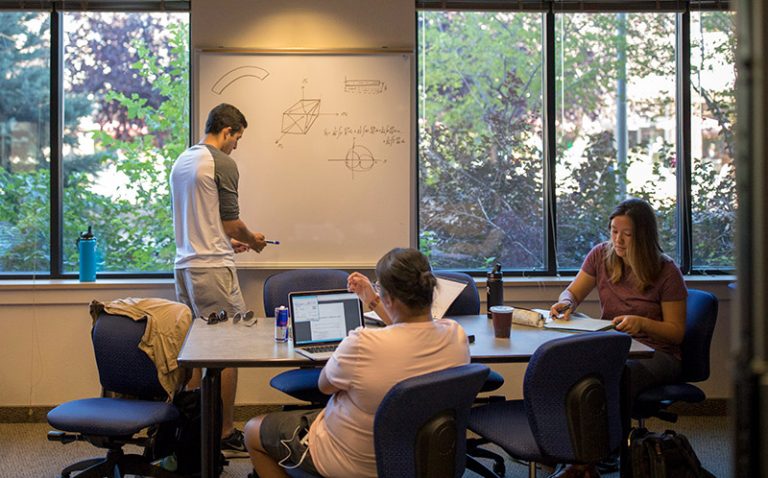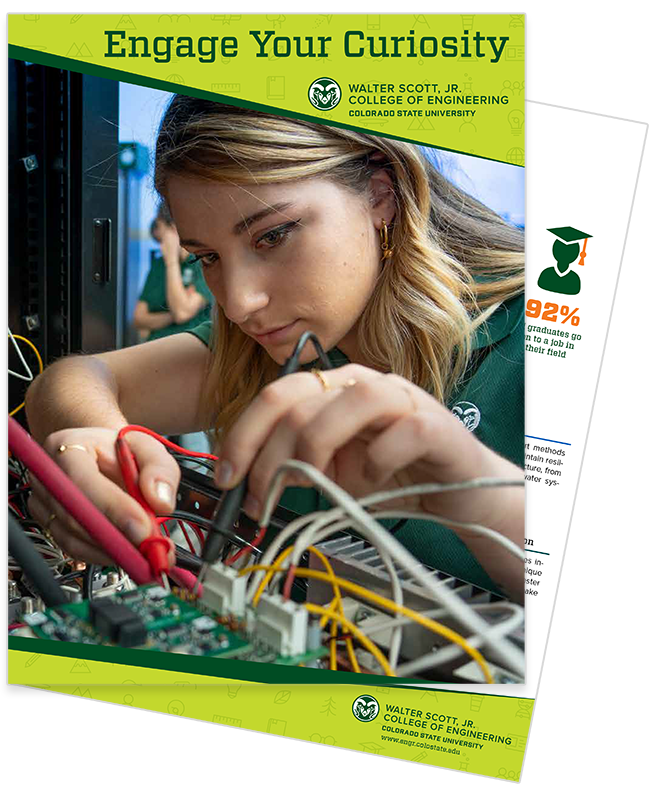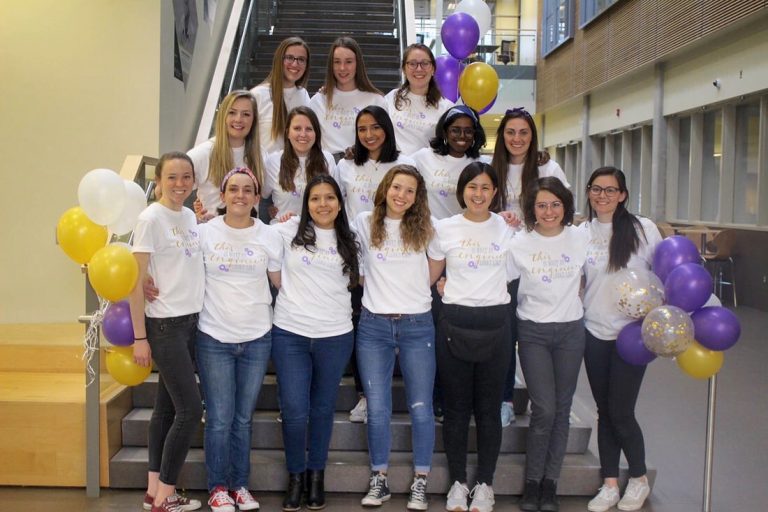An important part of the Walter Scott, Jr. College of Engineering’s mission is to cultivate and engage our communities. Our outreach staff works with students of all ages to provide support for STEM activities, learning, and partnerships across Colorado.
Now hosting School Tours and Visits!
We are excited to open up visits for K-12 school groups! Join us for lab tours, meet current engineering students, and enjoy STEM activities with your classes.
Frequently Asked Questions
When do I need to request a visit?
School visits need to be requested at least 6 weeks in advance. Requests are processed on a first come, first serve basis. We can only accommodate one school visit per date.
Do you provide lunches or meals?
CSU is unable to provide lunches for school visits. Visitors can pack their own lunch, or eat in the food court of the Lory Student Center. We recommend $10 per student.
If I choose an activity, does that mean it's always available?
The selection of the event or activity does not confirm its availability. An email will be sent with a follow up and confirmation of the day and itinerary.
How many students can be accommodated?
School visits need to be a minimum of 10 students.
For larger groups, we can pair lab demonstrations with other activities into multiple sections. Laboratories can accommodate a maximum of 20 people at a time.
Are there days or weeks when tours are not available?
Tours may not be available on University holidays and/or closings.
Student interaction activities will not be available from May 1–12 in consideration of finals week.
If you have questions about specific days or times, please contact us at outreach@engr.colostate.edu.
Is there a required student-to-chaperone ratio?
Yes, Colorado State University requires a 12:1 (minor : adult) ratio.
Email our staff any other questions you might have.
Educators' Toolbox
We want to help educators from Colorado, the west, and around the world with their efforts to teach STEM to their students. This section features information for teachers, counselors, and other educators who need resources to be successful.
Math
Engineering uses a great deal of math, and often uses it in specific ways. Engineers use a combination of algebra, trigonometry, calculus, and higher math to create the world we inhabit.
The ENcourage Engineering Math Program is a summer program intended to help incoming engineering students who did not place “calculus ready” through the math placement tool to improve pre-calculus math skills.
Students will take the math placement tool to find out if they are ready to take calculus in their first year, with the possibility of placing out of the pre-calculus modules and into calculus.
Explaining Engineering Majors
Explaining the differences between engineering majors, and even what those types of engineers do, can be challenging. Our short overviews of the college and each major may help.
Email our staff if you are interested in having paper copies of the resources we feature.
This brochure features opportunities for students in the college, short descriptions of each major, and highlighted facts about us.
Each page of this PDF features a description of the major, potential career options, and general coursework information.
Normalizing failure
Engineers love to break things. We bend reinforced concrete beams until they crack, cyclically smash polymer samples for knee replacements, red-line engines until they seize, and overload electrical circuits.
Why do engineers break things? An engineer’s job is to find all the ways things can fail so that when the public uses products, they are reliable and safe.
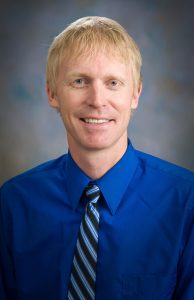
Failure is crucial for both engineering design and learning. Our brains tend to simplify information, leading to errors in our understanding. We often assume that all problems can be solved using a simple approach, but as we encounter new challenges, we realize that our initial understanding falls short.
This failure allows you to identify a conceptual gap and fill it in with improved understanding. Ultimately, both engineering design and learning aim to build robust understanding through ongoing testing, failure, and improvement.
— Dan Baker, Teaching Associate Professor, Department of Civil and Environmental Engineering
Engineering Student Orgs Outreach
Some of our engineering student organizations provide outreach opportunities for students in the K-12 system throughout the year. Visit the links below or contact claudia.hernandez@colostate.edu for more information.
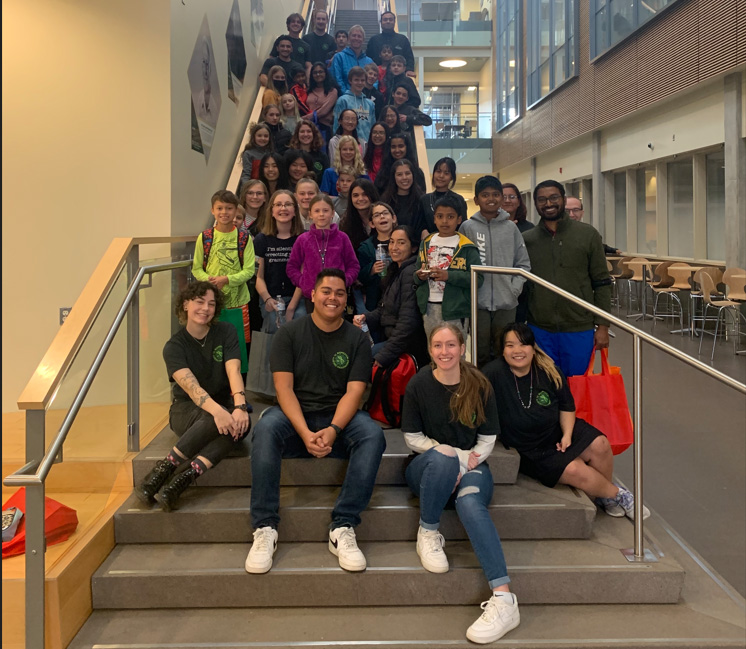
BMES hosts events to engage with our local community via STEM-related activities and presentations
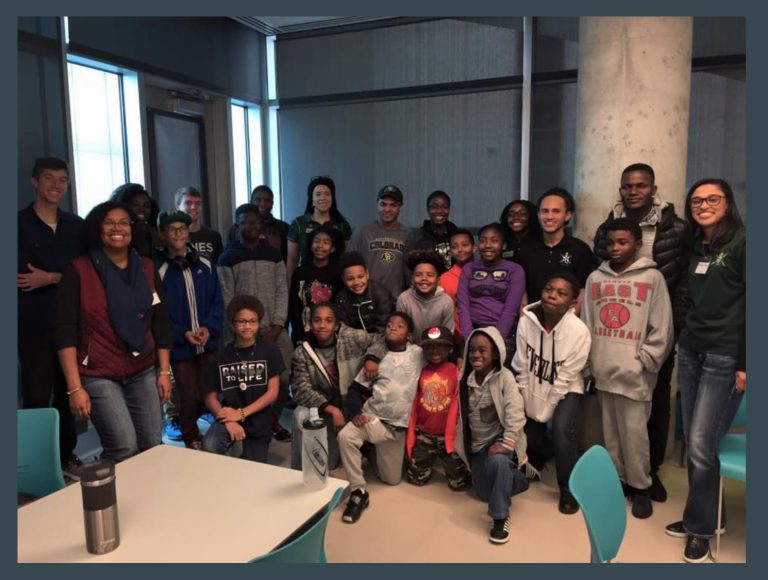
NSBE hosts Pass the Torch Outreach Events for Elementary to High School students, as a day to learn about STEM
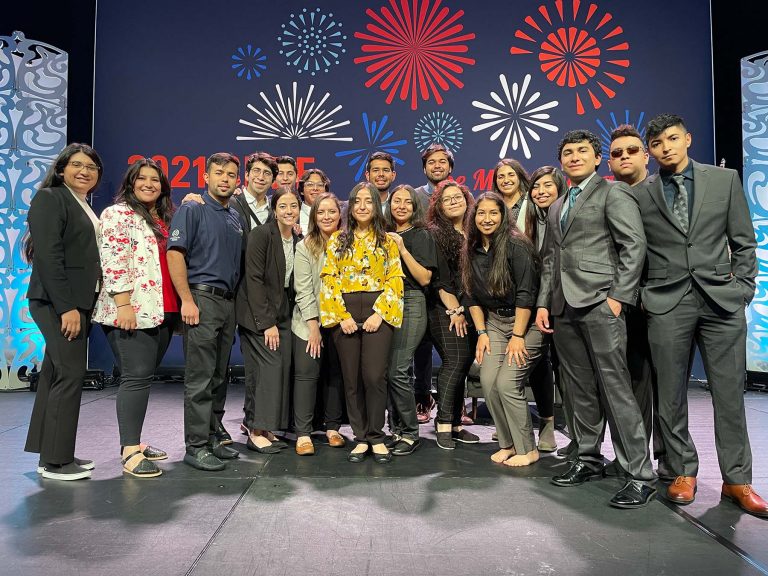
SHPE hosts a variety of programs, including Noche De Ciencias
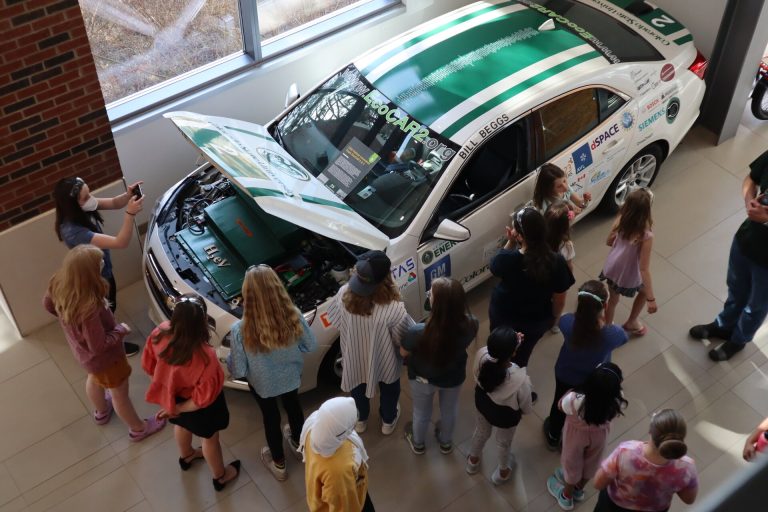
STEM 4 Kids (S4K) is an inclusive after school program designed to help 4th-8th grade students build confidence in the world of STEM!

